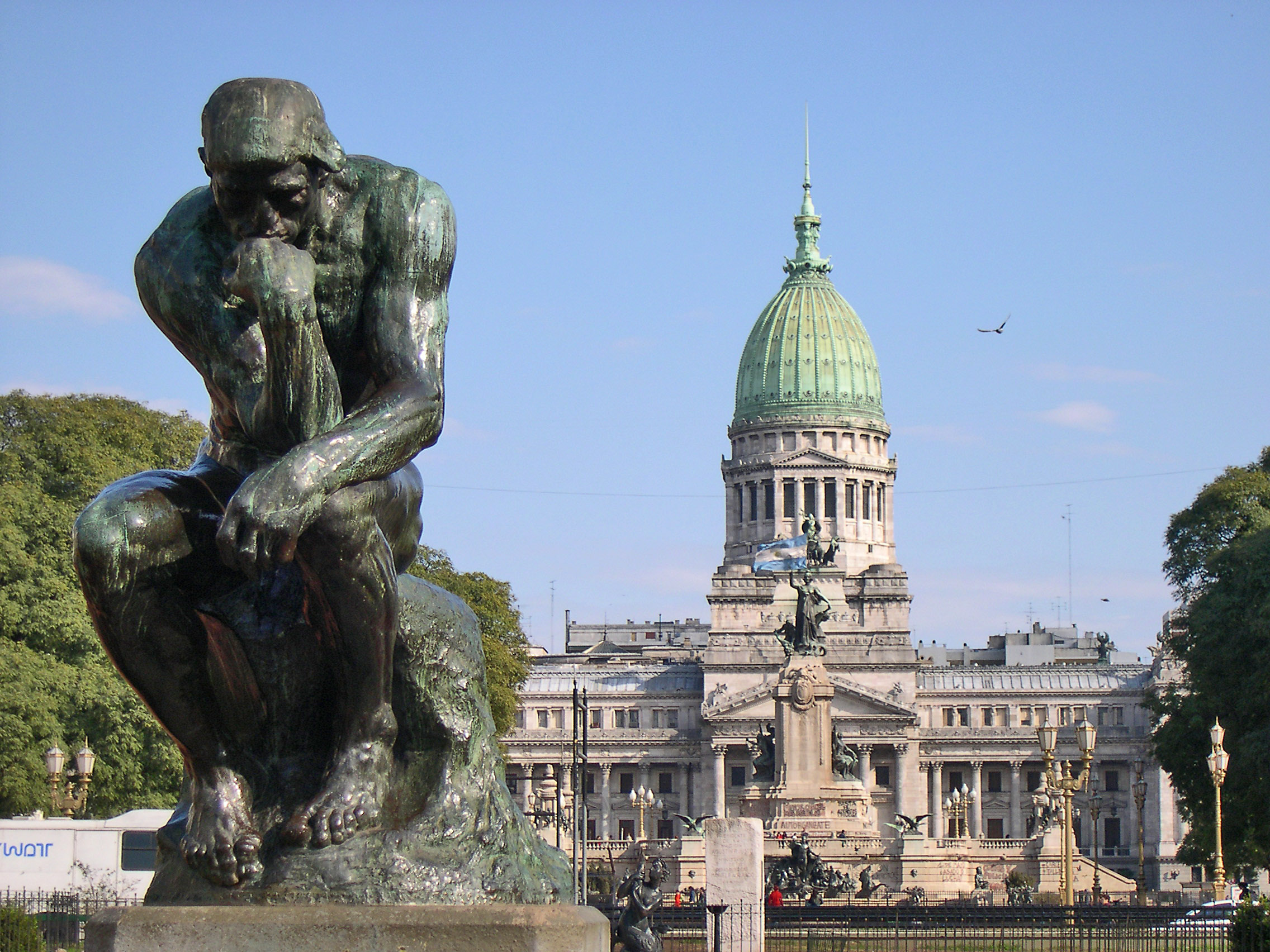|
Davao Del Norte's 3rd Congressional District
Davao del Norte's 3rd congressional district is an obsolete congressional district in Davao del Norte for the House of Representatives of the Philippines from 1987 to 1998. The district encompassed six municipalities of the previously undivided province, most of which now constitute the 2nd district. It was created ahead of the 1987 Philippine House of Representatives elections following the ratification of the 1987 constitution which established three districts for Davao del Norte. Prior to the 1987 apportionment, Davao del Norte residents elected their representatives to the national legislatures on a provincewide basis through the Davao del Norte's at-large congressional district. The district was last contested at the 1995 Philippine House of Representatives elections. It was eliminated by the 1998 reapportionment after the province lost significant territory to the new province of Compostela Valley (now Davao de Oro) created through Republic Act No. 8740 on January 30, 1998. ... [...More Info...] [...Related Items...] OR: [Wikipedia] [Google] [Baidu] |
Congressional Districts Of The Philippines
Congressional districts of the Philippines () refers to the electoral districts or constituencies in which the country is divided for the purpose of electing 253 of the 316 members of the House of Representatives of the Philippines, House of Representatives (with the other 63 being elected through a system of party-list proportional representation). The country is currently divided into 253 congressional districts, also known as legislative districts or representative districts, with each one representing at least 250,000 people or one entire Provinces of the Philippines, province. The 1987 Constitution of the Philippines initially provided for a maximum 200 congressional districts or 80 percent of the maximum 250 seats for the lower house, with the remaining 20 percent or 50 seats allotted for sectoral or party-list representatives. This number has since been revised with the enactment of several laws creating more districts pursuant to the 1991 Local Government Code. Philippine ... [...More Info...] [...Related Items...] OR: [Wikipedia] [Google] [Baidu] |
Panabo
Panabo, officially the City of Panabo (; ), is a First Class component city in the province of Davao del Norte, Philippines. According to the 2020 census, it has a population of 209,230 people. Panabo is the second most populous city in Davao del Norte (after Tagum) and it is also part of Davao Metropolitan Area as it shares borders with Davao City. It has an area of . The Panabo City Hall is located about 2.23 kilometers from its boundary with Davao City. Etymology The name Panabo originated from the phrase "''pana-sa-boboy''" where "''pana''" means "arrow", the tool which the original inhabitants of the place, the Aetas, use when hunting wild animals for food. History Originally the rich lowland of what today is Panabo was inhabited by a group of natives called Aetas. These people led nomadic life and lived by hunting. With the use of their most essential tool, the bow and arrow—"''pana-sa-boboy''" as they call it—they hunted for food which primarily consisted of roo ... [...More Info...] [...Related Items...] OR: [Wikipedia] [Google] [Baidu] |
Congressional Districts Of The Davao Region
A congress is a formal meeting of the representatives of different countries, constituent states, organizations, trade unions, political parties, or other groups. The term originated in Late Middle English to denote an encounter (meeting of adversaries) during battle, from the Latin '' congressus''. Political congresses International relations The following congresses were formal meetings of representatives of different nations: *The Congress of Aix-la-Chapelle (1668), which ended the War of Devolution *The Congress of Aix-la-Chapelle (1748), which ended the War of the Austrian Succession *The Congress of Aix-la-Chapelle (1818) *The Congress of Berlin (1878), which settled the Eastern Question after the Russo-Turkish War (1877–1878) *The Congress of Gniezno (1000) *The Congress of Laibach (1821) *The Congress of Panama, an 1826 meeting organized by Simón Bolívar *The Congress of Paris (1856), which ended the Crimean War *The Congress of Troppau (1820) *The Congress of Tuc ... [...More Info...] [...Related Items...] OR: [Wikipedia] [Google] [Baidu] |

